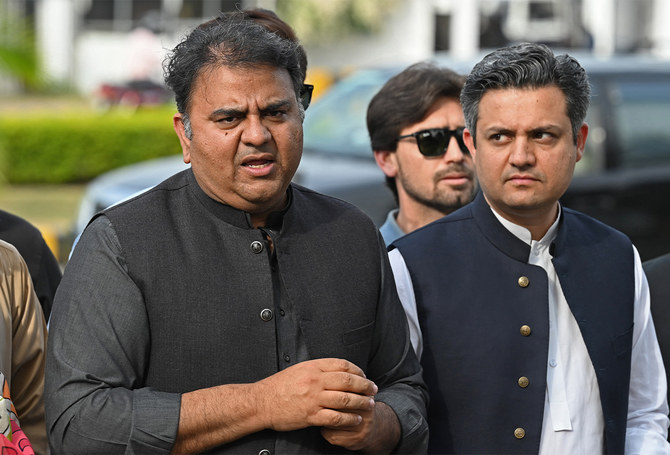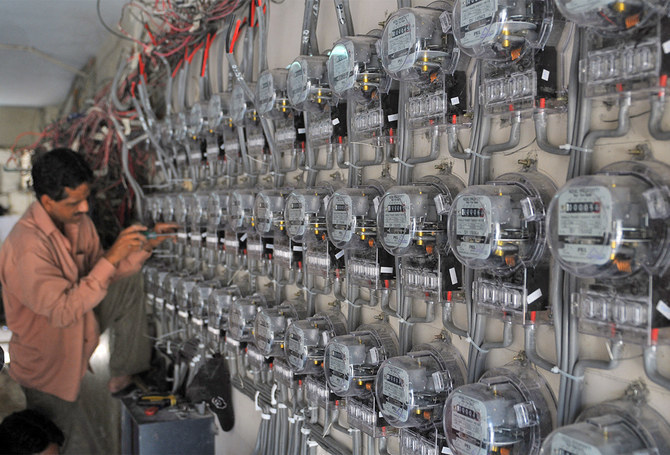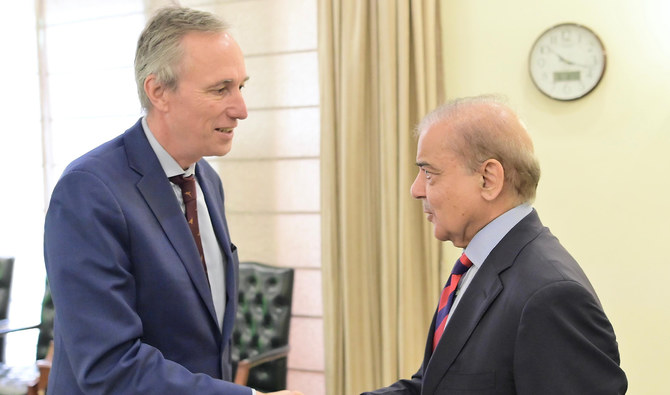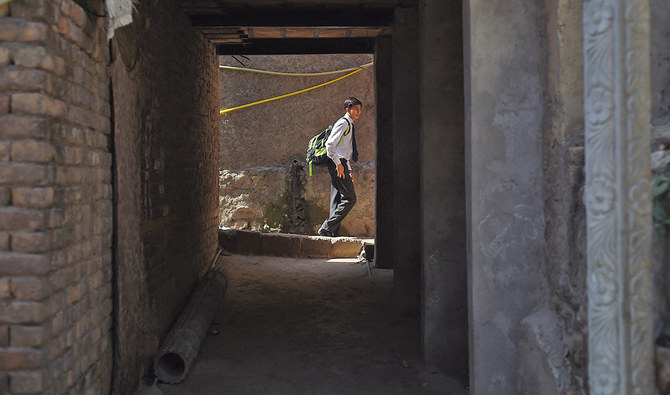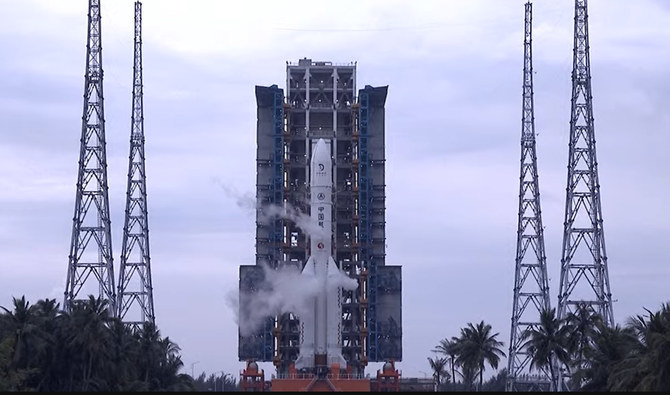ISLAMABAD: A senior leader of former prime minister Imran Khan’s Pakistan Tehreek-e-Insaf (PTI) party on Tuesday called for “balance” in civil-military relations and the creation of a new political framework where people exercised the most power.
Pakistan has been ruled by almost half its history by the military. Even when the army is not directly ruling, it is believed it exercises an outsized role in politics, particularly the country’s foreign and national security policies.
The latest comments by Chaudhry Fawad Hussain, a close Khan aide, come amid widespread reports of strained relations between the PTI and the military establishment.
Khan was ousted from power in April in a parliamentary vote of no-confidence that he blames on a foreign conspiracy hatched by the United States in collaboration with rival politicians. Both deny the charge. Khan and his supporters have since variously expressed disappointment that the military and army chief General Qamar Javed Bajwa did not support him against the alleged foreign plot.
Following Khan’s ouster, anti-army trends have become a common occurrence on social media and Khan has openly criticized the military at public rallies. A close Khan aide, Dr. Shahbaz Gill, is facing sedition charges for comments in a TV appearance asking military officers not to follow the orders of the top brass.
“We must strive for balance in [civil-military] relationship,” Hussain said in a Twitter post. “Power must be transferred to people of Pakistan, I call upon political parties and establishment let’s rewrite political framework. Let’s agree on rules of Game. Present system has failed [Pakistan] we need to look up for fair rules.”
Many political analysts and rivals of Khan’s party believe he came into power with the backing of the country’s security establishment in 2018, though the PTI leadership and military deny the charge.
Earlier this month, Khan broadened his fight with the government in an overnight speech accusing officials of delaying snap elections to control who serves as the next army chief.
The claim drew condemnation from the government and the military.
It was possibly the first time Khan raised questions about the credentials of top generals.
“A new army chief is coming in November,” Khan said during the speech, adding that Prime Minister Shahbaz Sharif’s coalition government wanted to avoid a “patriotic” army chief who would question top officials about how they got their money.
Sharif took to Twitter in response, saying Khan had maligned the military.
In a statement, the military also said it was “aghast” at Khan’s remarks.



